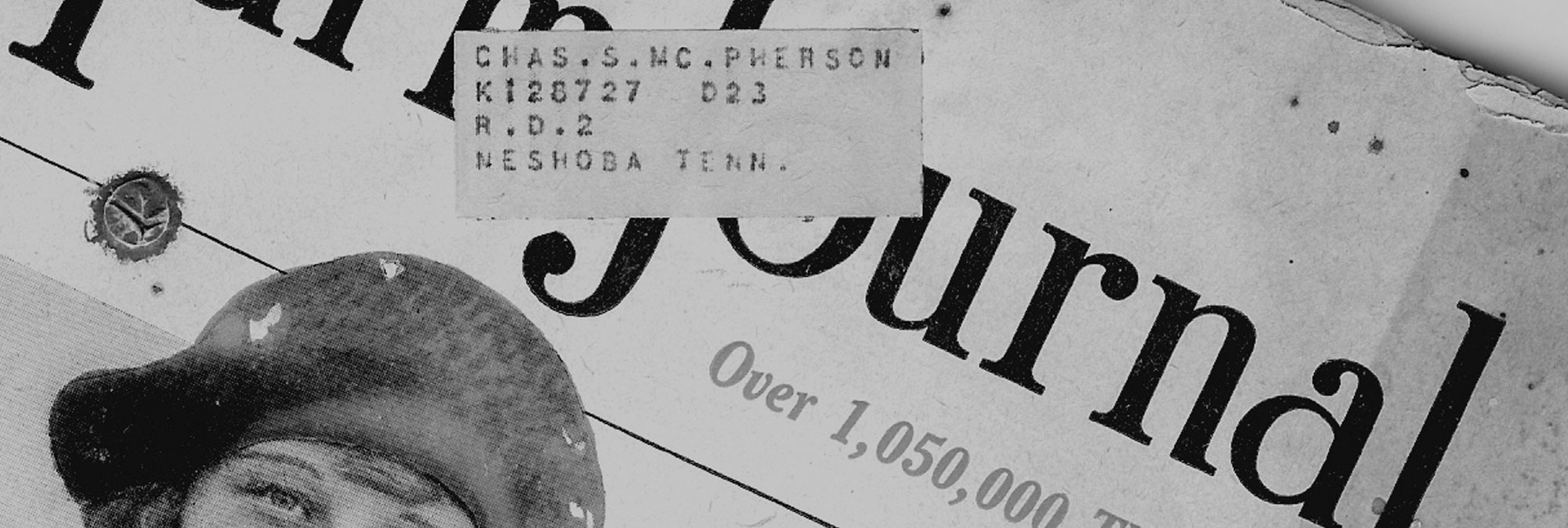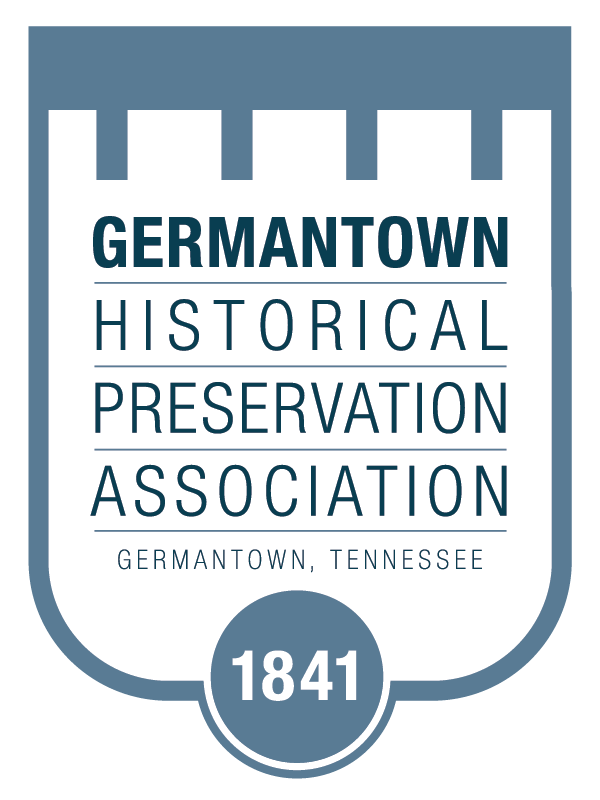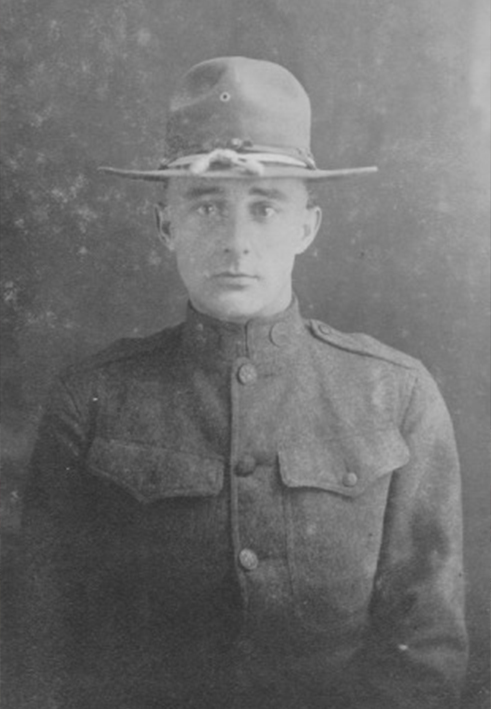
Germantown Name
When the United States entered the First World War on April 17, 1916, anti-German sentiments were intense and were reflected in the details of everyday life. Many people boycotted brands of beer with German names. Don’t touch my Heineken!
Sauerkraut was renamed liberty cabbage and the hamburger was called Salisbury steak. Even the dachshund dog, whose sprint to the finish of our Weenie Race in the Germantown Festival, was christened the liberty pup. Schools stopped teaching German language and musical selections by German composers were not played.
Germantown boys serving in the Armed Forces (46) wrote home saying that their fellow soldiers gave them a hard time after seeing the name “Germantown” on their mail. Soldiers passing through the town on troop trains pelted the “Germantown” Depot sign with mud balls.
A group of patriotic citizens collected the signatures of 326 residents asking that the town’s name be changed to “Woodrow”, the President’s first name. Other towns changed their name to Pershing after the Commander of the American Expeditionary Forces. The Post Office Department approved the name change from Germantown to Neshoba (see postmark on December 20, 1920, Farm Journal) on May 15, 1917.
A Commercial Appeal article proclaimed that Germantown was now “just a memory and that the community had become Neshoba, the same name as Frances Wright’s early plantation and the Indian name for wolf. However the name would be spelled Neshoba with an “e” rather than Nashoba with an “a”, according to postal records.
After the war ended and people settled down, Neshoba once again became “Germantown” on April 4, 1922. Although the name change to Neshoba had been adopted by the Post Office Department and Southern Railway, it had never come up for official approval before the state legislature.
And we have remained Germantown ever since….
RENAMING GERMANTOWN IN WW1 – (2260 West Street) So now we move forward to the 20th Century when the United States entered the First World War on April 17, 1916. At this time, anti-German sentiments were intense and were reflected in the details of everyday life. Many people boycotted brands of beer with German names. Germantown boys serving in the Armed Forces (23) wrote home saying that their fellow soldiers gave them a hard time after seeing the name “Germantown’ on their mail. Soldiers passing through the town on troop trains pelted the “Germantown” depot sign with mud balls. The Post Office Department approved the name change from Germantown to Neshoba; the same name as Frances Wright’s early plantation and the Indian name for wolf. However, the name would be spelled Neshoba.
Neshoba once again became “Germantown” on April 4, 1922. Although the name change to Neshoba had been adopted by the Post Office Department and Southern Railway, it had never come up for official approval before the state legislature.
WW1 Soldiers Germantown, TN
| 1. Akin, Yancey | 24. Moore, Malcolm L. |
| 2. Bates, John | 25. Mullikin, Bernie |
| 3. Bradley, Jesse | 26. Mullikin, Clarence L. |
| 4. Burks, Whitman | 27. Mullikin, Sumpter W. |
| 5. Carson, John | 28. Parker, Joseph |
| 6. Carter, Wallace | 29. Price, Ivan V. |
| 7. Chalmers, William | 30. Roberts, Ernest, E. |
| 8. Cornelius, Eddie | 31. Roberts, Quanton |
| 9. Cornelius, Roland L. | 32. Rogers, Lon |
| 10. Cross, Erasmus G. | 33. Rogers, Willie J. |
| 11. Hack, Henry | 34. Scroggs, Robert L. |
| 12. Hall, Ben | 35. Scroggs, Rowan Bridges |
| 13. Hall, James A. | 36. Stout, Edward C. |
| 14. Harrison, Martin P. | 37. Tuggle, Dewey |
| 15. Hoffman, Leland | 38. Tuggle, Holsey B. |
| 16. Hurd, Robert (N) | 39. Turner, William S. |
| 17. Jenkins, Roper | 40. Walker, Frazer |
| 18. Lowe, James B. | 41. Watkins, Nicholas G. |
| 19. Lowry, Jesse W. | 42. Watson, Sam |
| 20. Macklin, Hezekiah | 43. Wells, Robert N. |
| 21. Marshall, Thomas J. | 44. Williams, Henry L. |
| 22. Miller, John Lipsey | 45. Williams, John H. |
| 23. Moore, Henry | 46. Wilson, James |
The data contained in this site was taken from Record Group 36, the compiled service
records of soldiers and sailors who served in the First World War from Tennessee. Information on individual servicemen and women came from the files of Major Rutledge Smith, Chairman of the National Council of Defense for Tennessee, World War I; from the office of the Adjutant General of Tennessee, 1933-1937; and from the report of the Provost Marshal General to the Secretary of War, 1917-1918.0 The records were compiled pursuant to Senate Joint Resolution No. 76, Public Acts of 1919, and were received and stored by the Tennessee State Library and Archives in accordance with Chapter No. 301, Public Acts of 1937.

